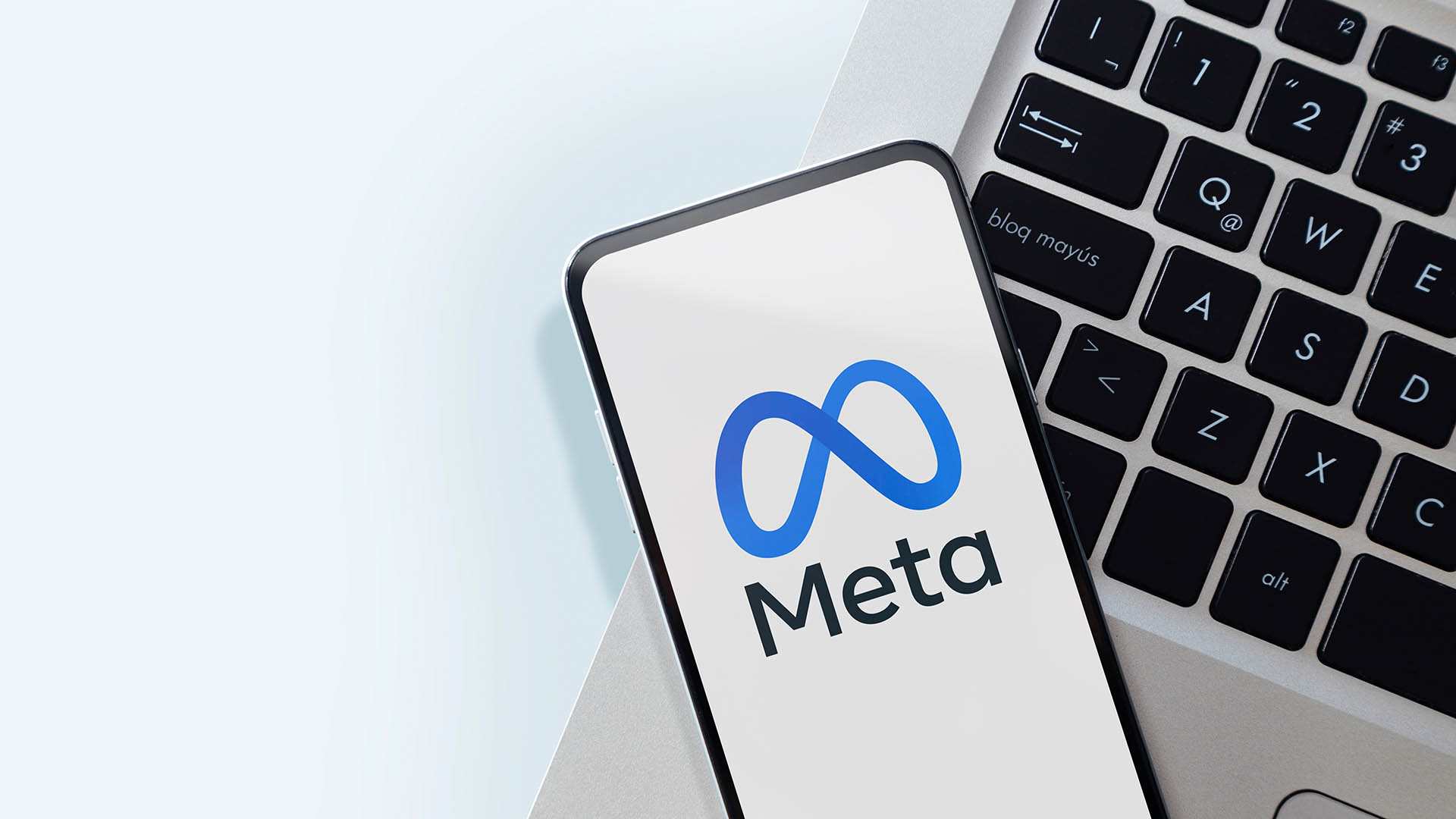Meta uses automated auctions to deliver ads on Facebook and Instagram
Unlike traditional auctions, the highest bid alone does not guarantee ad placement

Meta uses an AI-driven auction to decide which ads appear on Facebook, Instagram, and other Meta platforms. When a user opens Facebook or Instagram, Meta runs an instant ad auction to decide which sponsored post appears in the feed. According to the company, this happens billions of times a day across its platforms. Unlike traditional auctions where the highest bidder always wins, Meta’s system considers more than the amount of money offered.
How Meta’s system evaluates advertiser bids
The company claims its system evaluates three key inputs: the advertiser’s bid, the likelihood that a user will engage with the ad, and the overall quality and relevance of the ad creative. These three factors are combined into a total value score, which determines which ad is displayed.
For example, if two advertisers are bidding for the same user, the winner will not simply be the highest bidder. An ad with stronger relevance and a higher chance of user engagement could beat another ad with a larger bid but weaker performance signals.
The role of AI and machine learning
AI plays a central role in how Meta calculates the outcome of each auction. Machine learning models estimate the probability that a user will take the advertiser’s desired action, such as clicking a link, watching a video, or completing a purchase. At the same time, the models score ad quality by analyzing creative formats, user feedback, and how well the ad matches audience preferences.
The combination of these signals helps Meta deliver what it calls an “Ad Rank,” which ultimately decides the winner of each auction. Over time, the company says its reliance on AI has deepened. By 2026, Meta aims to allow advertisers to provide only business goals and budgets, while AI handles the rest of the creative and targeting process. This would mean less manual targeting and more reliance on predictive modeling.
How other platforms approach AI-driven ads
Meta is not alone in rethinking how ads are shown. Google hasn’t pursued this commercially, but its research arm has explored an approach called Auction Token, where advertisers could bid to influence words generated by a large language model.
Perplexity, an AI-powered search startup, is testing sponsored follow-up questions ads. After a user asks something, the platform can serve an additional sponsored suggestion. For example, if someone searches for “best rain coat,” the follow-up might be a sponsored link asking, “Do you want to see discounted options from Brand X?” This approach makes ads feel like part of the conversation rather than an interruption.
The broader trend across platforms is that ads are moving toward context and prediction rather than just cost. The ad industry is steadily giving algorithms more power over who sees what.

